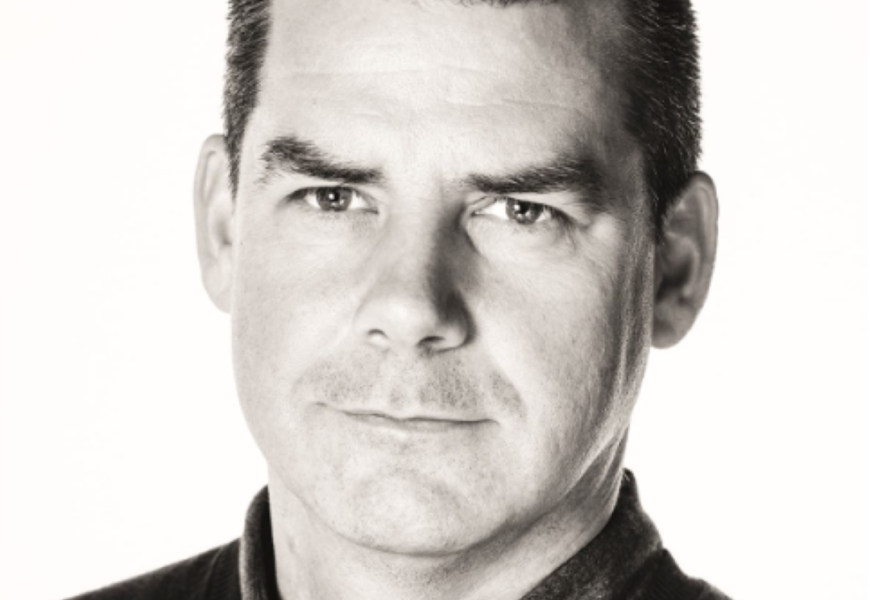Canadian by birth, David J. Betz has been a long-time professor at the prestigious King’s College London. His primary area of academic interest is warfare in the modern era, on which he has published several books with prominent publishers. Among his works are: Cyberspace and the State: Toward a Strategy for Cyber-Power (co-authored with Tim Stevens), The Guarded Age: Fortification in the Twenty-First Century”, and “Civil-Military Relations in Russia and Eastern Europe.
David Betz came to wider public attention a few months ago when he published a two-part academic paper titled “Civil War Comes to the West”. In it, he argued that there is a significant chance of civil war breaking out in most Western European countries — in fact, that such a conflict is likely. Betz ultimately concluded:
“The defense systems of Western countries should resist the tendency to dismiss or underestimate the threat of internal conflict. The circumstances generally regarded as indicators of a potential civil war are clearly present in a number of states long considered beyond the reach of such conflicts.”
This article prompted Heretica, as well as several other Western media outlets, to conduct an interview with Professor Betz.
Could you briefly explain to our readers why you believe that Western Europe and the United States are at risk of a civil war? Given how diverse these Western countries are, which ones do you think is the most unstable — with the highest likelihood of a civil war — and which one seems the most stable?
The vulnerability of Western states to civil wars stems from the following preconditions:
The factionalisation of political and social life which is now typified by high degrees of polarisation, the rise of overtly ethnic and sectarian parties. What now exists throughout the West is a form of factionalism known as ‘polar factionalism’ wherein people disagree not so much on issues per se but over what they think is the consensus view of their tribe. This kind of factionalism occurs when people are animated primarily by fear and insecurity. The big 3 European states—France, Germany, and Britain—are all now in this condition and things are rapidly worsening. Some smaller states, notably Ireland, are now extremely volatile. The important thing to understand is that when it kicks off in any of these places, whether large or small, it is highly likely to spread.
We can’t avoid mentioning the assassination of Charlie Kirk. Political assassinations are certainly not a sign of a healthy political climate. In this case, it seems that the motive was ideological — with a far-left attacker — rather than ethnic. In your view, are “culture wars” a greater factor in the potential outbreak of a civil war in the West, or is it the changing demographic structure?
I think that there are differences between the United States and European countries, although all are in a condition of extreme internal peril. The matter in the United States is arguably more ‘ideological’, whereas in Europe the matter relates more directly to mass migration of culturally unassimilable peoples.
In your work, you’ve argued that stable states tend to be either ethnically homogeneous or so fragmented and diverse that no single group is strong enough to mount a rebellion against the system. From a Croatian perspective, we know that Yugoslavia was dominated by Serbs, but they never had the strength to establish true hegemony since they made up less than 50 percent of the population. In your opinion, is Western Europe moving toward a scenario more similar to Yugoslavia or Lebanon?
Those are both relevant examples. My answer may be biased by knowing more about the Yugoslav case than that of Lebanon. That said, I am inclined to think that it is some form of Balkanisation that is the more likely outcome. In either event, though, what we shall see (and are observing already occurring) is civil conflict metastasising into increasingly open conflict—largely via paramilitaries—resulting in population movements, the emergence of distinct enclaves, and ultimately something like the ethnic cleansing observed in the former Yugoslav states.
Finally, a question from a Croatian perspective. Here, culture wars are not as pronounced, the political arena remains relatively civil, and political violence is negligible. However, we are beginning to see a noticeable increase in foreign workers coming from outside Europe, which could gradually alter the stable demographic structure. Are you following developments in Central and Eastern Europe, and do you think this region might, over time, drift toward the same dynamics we see in the West, or is it likely to remain on a different path?
I cannot speak about Croatia with any authority as I do not have an especially strong knowledge of it. I can say, though, having travelled frequently to other places in Central Europe, notably Hungary, that people there have a strong sense that they must not go down the same route as the West has done with respect to migration. One only needs to compare the experience of Budapest or Krakow at night with Paris, Berlin, or Brussels. In the former, one can see girls in ones or twos walking safely and without fear whereas in the latter that is an increasingly impossible occurrence.
Interviewed by Tomislav Kardum



